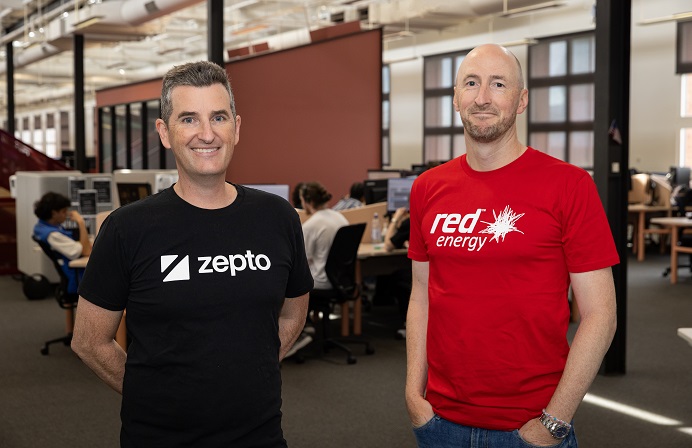
Heritage Bank and People’s Choice Credit Union (PCCU) have announced they will move forward with their merger plans, creating, by early 2023, what would become one of Australia’s largest mutual banking organisations.
The announcement follows the completion of due diligence, with the pair believing the union of the two “complementary businesses” would substantially increase their national footprint and, ultimately, their capacity to scale, providing greater opportunity to enhance their products, services, digital offerings and price competitiveness.
The merger between Queensland-based Heritage and SA-based PCCU would create one of the largest mutual banking organisations in Australia, with a combined force of approximately 1,800 employees, 720,000 members and total assets worth more than $22.5 billion.
People’s Choice alone brings with it 390,000 members.
By comparison, Great Southern Bank (formerly Credit Union Australia), currently Australia’s biggest mutual bank, has a little over 1,000 employees, 420,000 customers, with total assets worth around $19 billion.
Heritage acknowledged PCCU’s recent investments in its digital transformation, which it says will bring the two organisations’ operational systems “together more efficiently than would otherwise be the case”.
In 2018, the SA-based credit union began an organisation-wide re-platforming to cloud, as well as the implementation of agile development processes and an omnichannel capability push.
This was facilitated through the adoption of Salesforce’s suite of SaaS services, including financial services cloud, marketing cloud, Einstein AI, as well as MuleSoft’s enterprise service bus platforms.
New governance structure
As part of the merger plans, the pair agreed on a new governance structure, with Peter Lock, Heritage’s current chief executive, to step in to lead the newly merged organisation for the first 18 months of operation before he retires.
Steve Laidlaw, currently chief executive of People’s Choice and designated deputy CEO of the new organisation, will step up as chief executive after Lock’s departure.
“This arrangement provides seamless leadership and deep expertise for the merged organisation during the integration period and into the future,” the pair said in their merger statement.
Michael Cameron, current PCCU chair, will also be appointed chair of the newly merged organisation, with current Heritage chair Kerry Betros becoming deputy. The mutuals have committed to equal board representation once merged.
The pair confirmed that the new organisation will maintain its member-owned structure, with no redundancies below the executive level, no branch closures, and with dual head offices in Adelaide and Toowoomba.
The Queensland and SA mutuals are not the only big-name member-owned banks deep into the merger process. NSW-based Newcastle Permanent and Greater Bank last month announced their boards had “unanimously endorsed” their proposal to merge.
The consolidation of the mutuals sector is hardly a new phenomenon. According to KPMG, since 2005, the number of Australian mutual banks has shrunk from 170 to fewer than 65 today. At the same time, the footprint of these organisations has grown substantially, with the sector seeing a nine-fold increase in the average asset size of their banks.
Heritage chief Peter Lock said the banks remain “confident” that the merger is in their “members’ best interests”.
“Joining forces represents a unique pairing of equals, offering unparalleled cultural and strategic alignment and an absolute commitment to mutuality,” he said.
Laidlaw added: “By coming together we will create a national member-owned banking organisation that will be of a size and scale to enable us to deliver outstanding products and services for our members.”
Members will vote on the merger proposition at the next Annual General Meetings of both organisations, scheduled towards the end of 2022.
If approved by members and regulators, the new, as yet unnamed, organisation is expected to be formed by early 2023.





